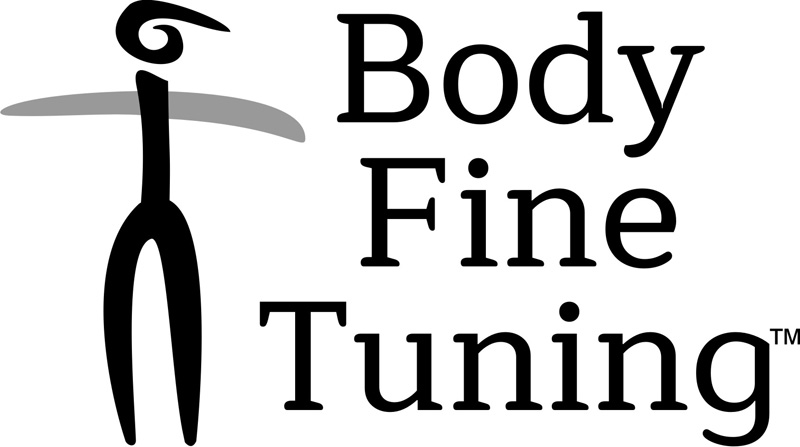How to Fine-Tune Your Breathing for Better Sleep?
The way we fall asleep is very personal. What induces you into a deep rest with ease might not work for someone else. Sometimes controlled breathing exercises are suggested to help cure insomnia. However, the results might be totally opposite: instead feeling sleepy,controlled breathing makes you feel energized and awake. To understand why this can happen, let's look at the neurological function of breathing.
Automatic vs Controlled Breathing
Breathing is a complex body-brain function. It can work fully automatically, responding to both your physical and emotional state, or, you can regulate it to get a certain sense of control and power. In some occasions, like while doing sports, intentional control can be very useful. However, when it comes to inducing sleep you should be very careful not to disturb the natural flow of relaxation. What you should keep in mind is that:
- Inhaling, by default awakens the nervous system.
- Exhaling, by default relaxes the nervous system.
- Conscious breathing, both ways, awakens the nervous system.
In other words, if you consciously regulate the speed of your breathing, in and out, while some body-brain functions respond to slowing down, other functions get activated. For some people this might be enough to move into sleep, but for many, controlled breathing can even completely erase the relaxing character of exhaling.
3 Keys to Induce Better Sleep
1. Avoid regulated inhaling
Inhaling faster or slower than naturally activates your nervous system and awakens your body. For the best sleep, allow your body to find its own rhythm. All you need to do is to pay attention how the air flows in and out.
2. Avoid holding your breath
Intentionally holding breath requires you to contract muscles, which not only activates your nervous system but may increase your blood pressure and trigger lactic acid production. Only when in need for extra energy and concentration, holding your breath can be a solution. To sleep easier, just allow your body to do its job.
3. Avoid regulated exhaling
Breathing out is naturally relaxing. Any conscious interference, exhaling slower or faster, would send a wrong message to your motor cortex, the movement coordination center in your brain. Instead of relaxed, your body gets energized and ready for action.
A Short Guide to Sleep-inducing Breathing
Begin by closing your eyes and pay attention to the way you breathe. Notice how the air flows in and out. Feel how your body relaxes when you exhale.
Then, simply wait for the natural moment you feel your body starts to breathe in. Try to maintain the relaxed feeling as well as you can. When you exhale again, follow how your body relaxes, a little deeper than before. Continue like this for a few minutes.
Then notice the sensation of your body weight. In what areas can you feel the most clear contact your body makes with the underground (sitting or lying in your bed). When you exhale, feel how these areas get even heavier.
When you inhale, keep sensing this heaviness.
Continue paying attention to the way you breathe.
Relax your face, rest your tongue behind the lower teeth, and let your jaw muscles get softer.
Continue like this, and your body can gradually relax further and rest, just like when you sleep. And if your body needs to sleep, it will.
